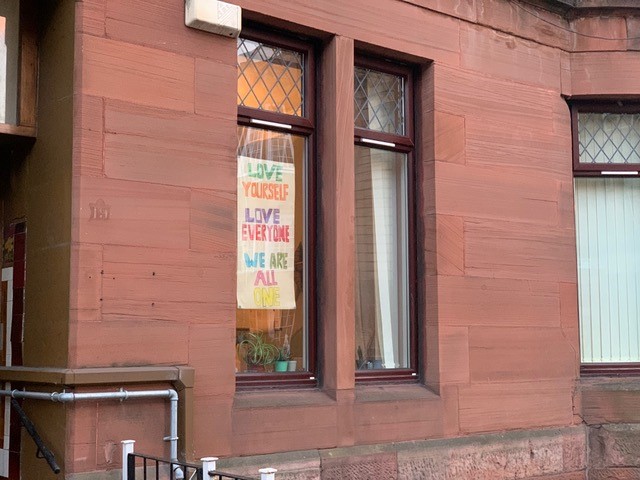Innovation and Creativity in the Third Sector in response to COVID-19: A Rapid Realist Evidence Synthesis

The project's overarching aim was to understand the role of third sector organisations in innovating to ensure support to vulnerable and disadvantaged people during the COVID-19 pandemic. It was conducted between 2022 and early 2023 for the Scottish Government’s Office of the Chief Social Science Advisor.
Our objectives were threefold:
- To identify a corpus of literature from which to draw evidence
- To undertake a rapid realist evidence synthesis of the evidence presented in the literature, with a particular focus on the contexts and mechanisms that lead to outcomes
- To write up our synthesis in a way that is meaningful to a variety of audiences, including policymakers, practitioners, and the informed public.
We found that third sector organisations worked to adapt their practices and sustain delivery of support to some of the poorest and most vulnerable people in society, often far more effectively and quickly than could have been imagined.
The evidence shows that self-organising groups of local volunteers, often referring to themselves as ‘mutual aid groups,’ were set up very quickly and were able to respond to hyper-local needs. More established voluntary organisations also mobilised to meet new needs and deliver services in new and creative ways, while intermediaries worked to coordinate the response of small, local organisations with those of government and the private sector. Community organisations worked in a variety of ways to enhance what we have called: community solidarity (the sense of people feeling they are ‘in it together’); adaptive capacity (the ability to be able to seize opportunities when they arise); and cross-sector collaboration (a greater ability to work with others, including in the public or private sectors).
As a result of this work, we found that there was a variety of benefits. For example, people felt that participating in various forms of volunteering was beneficial to their wellbeing, particularly due to feeling useful, included, and identifying with others. There is, however, a very real risk of overstating these effects, and romanticising the benefits, while overlooking the enormous financial strain and pressure the crisis placed on many local organisations. Going forward, we recommended that a new, refreshed relationship between government and community groups needs to be built to act as a legacy of this work, and to sustain its effects.
The project team was: Michael Roy, Claire Bynner (University of Edinburgh), Simon Teasdale (Queen’s University, Belfast)
The Report can be found here: The Third Sector and Covid 19
